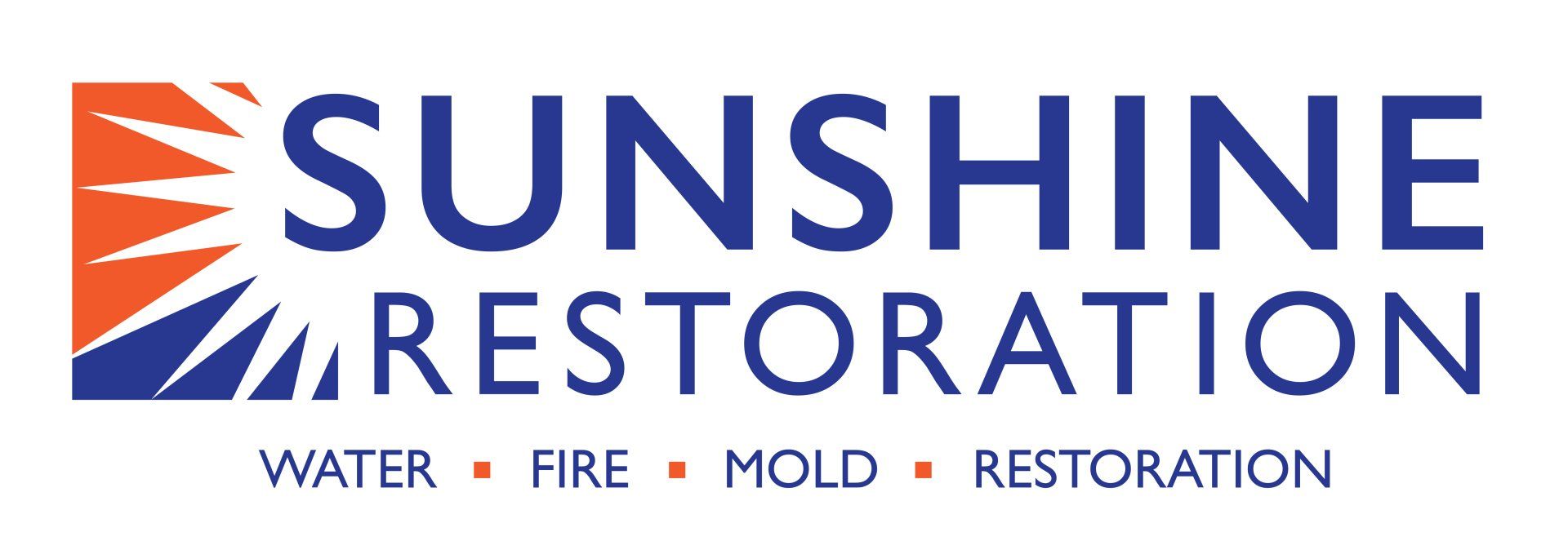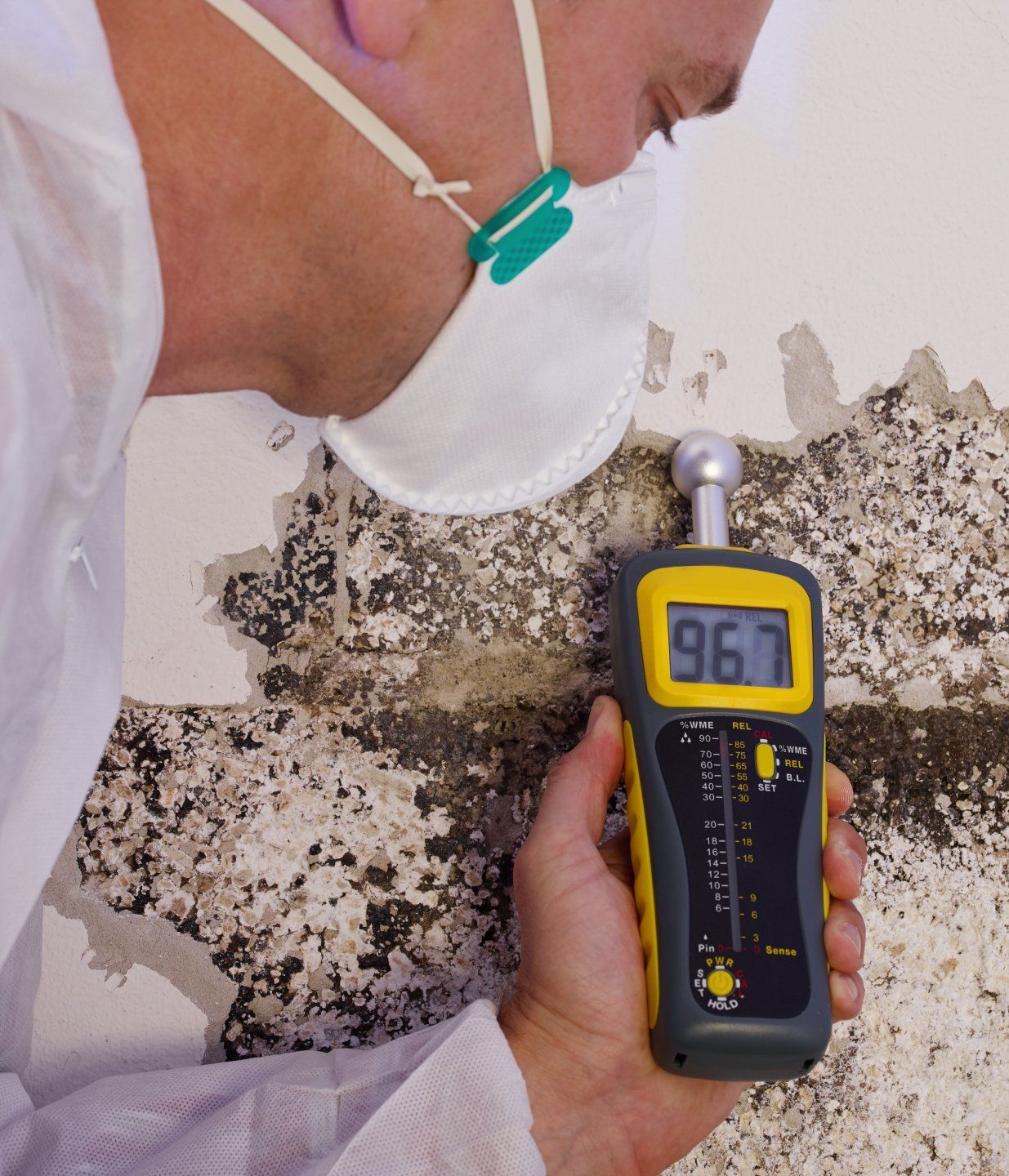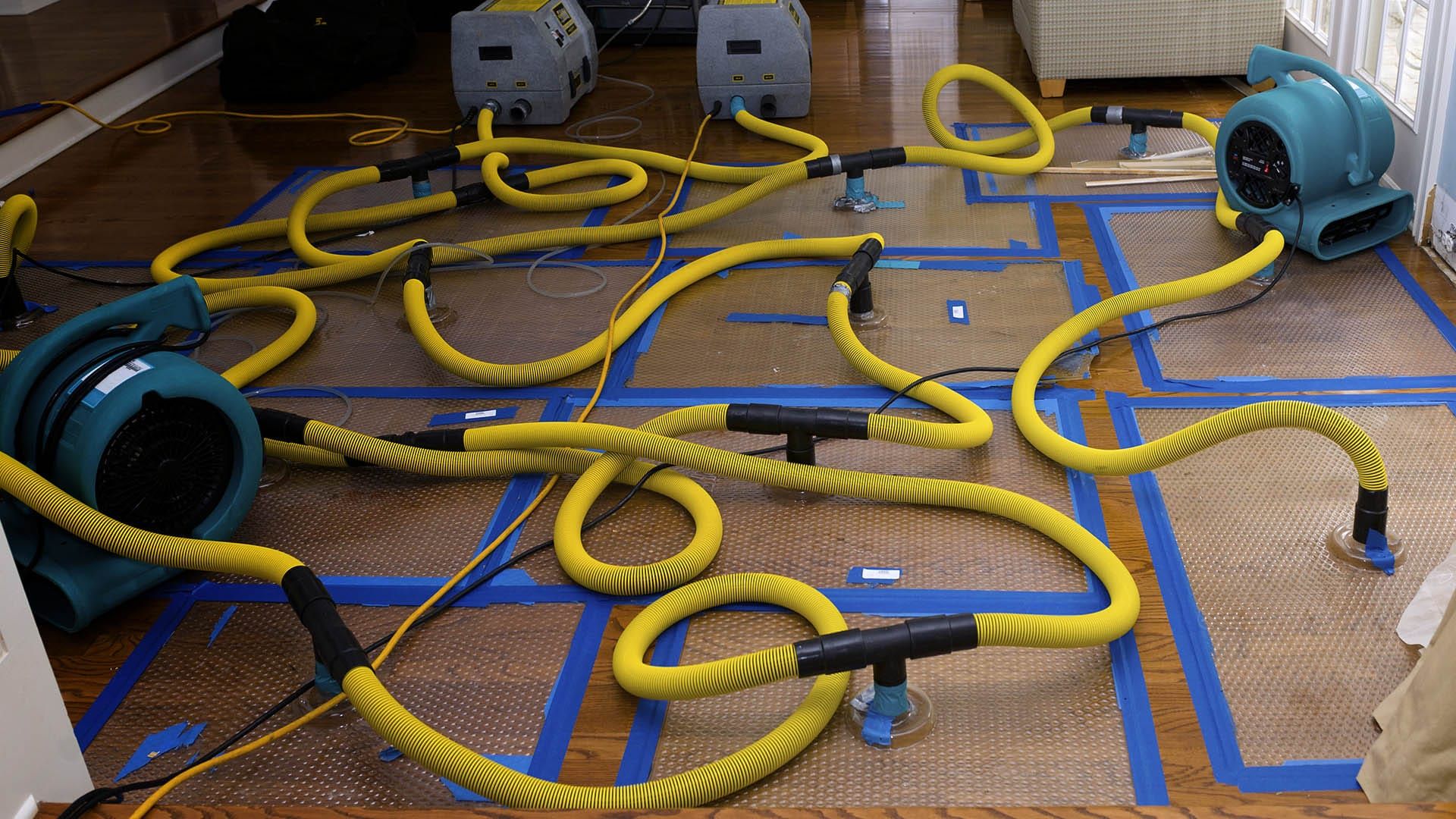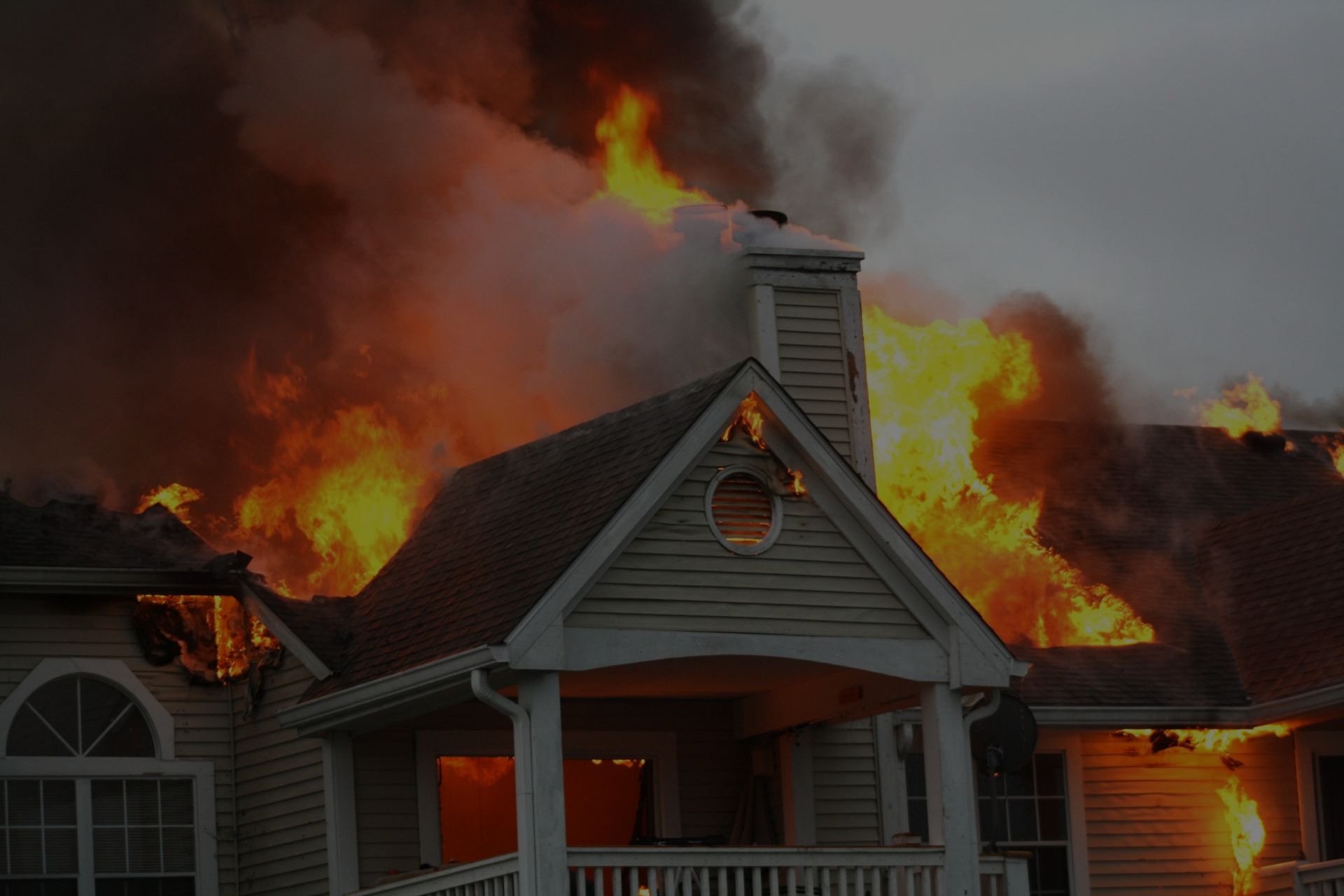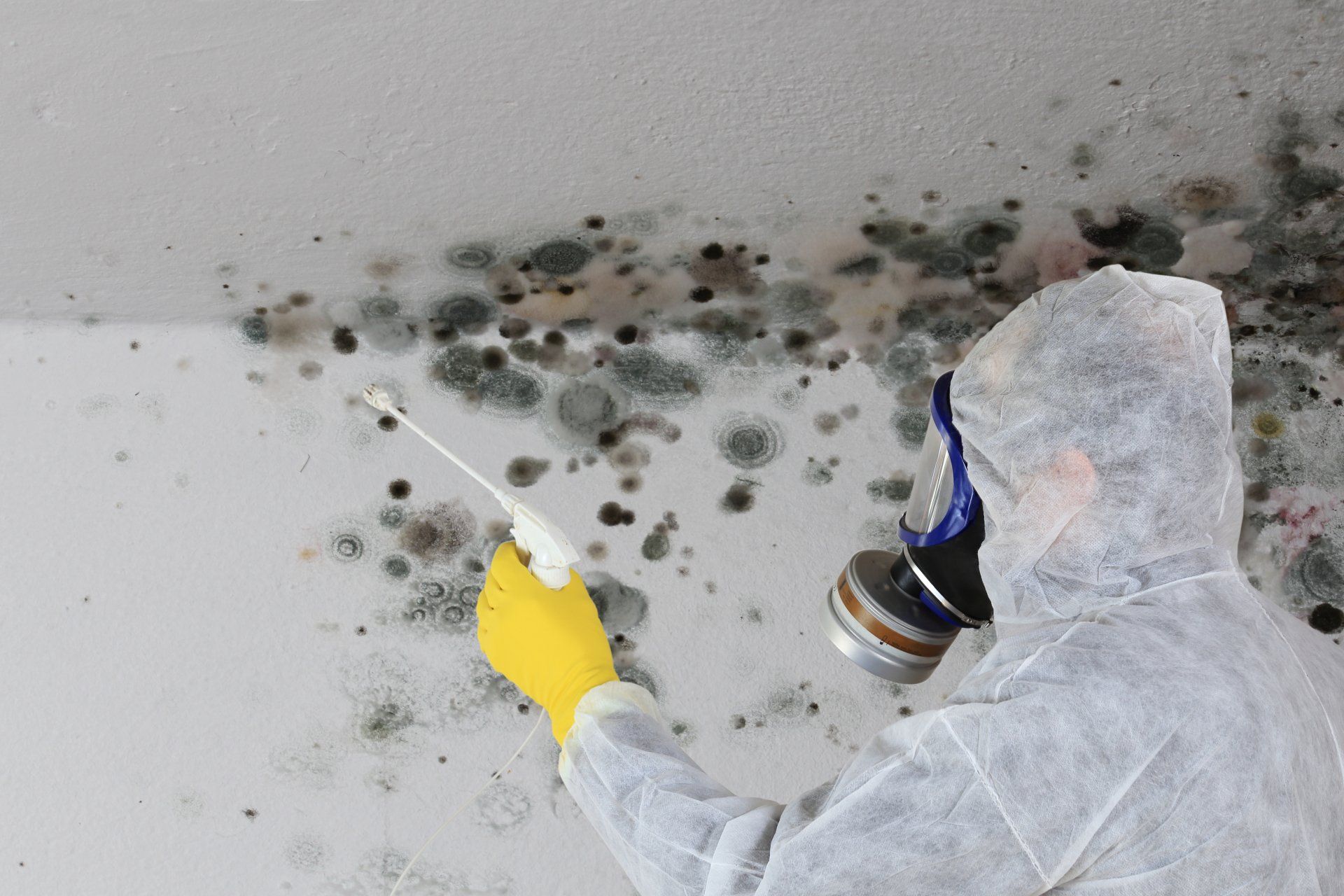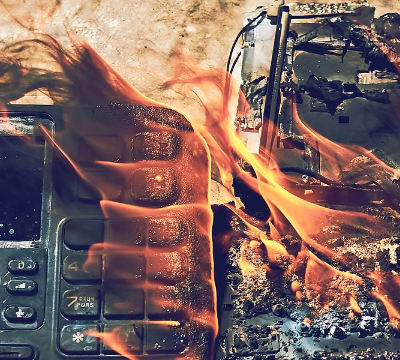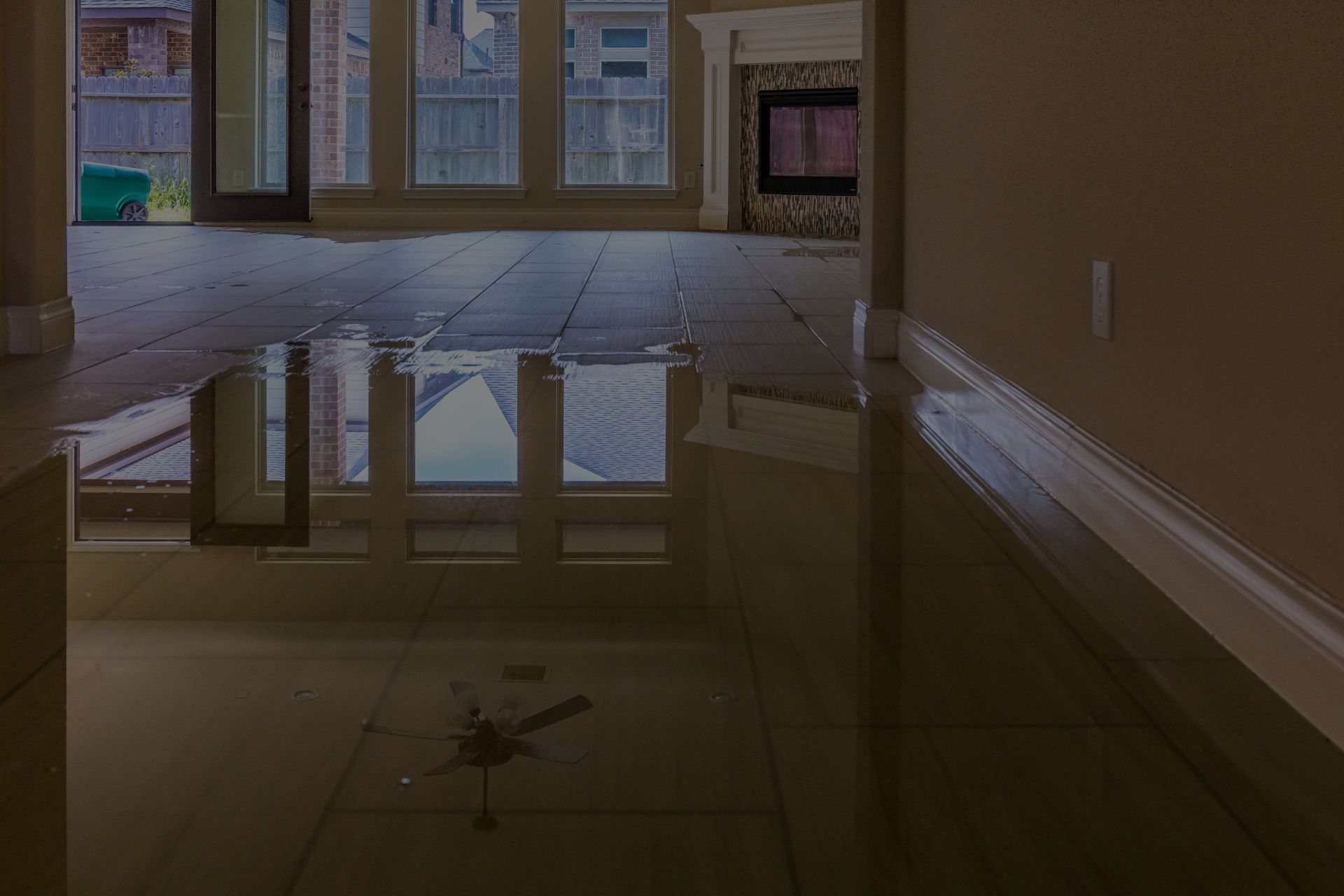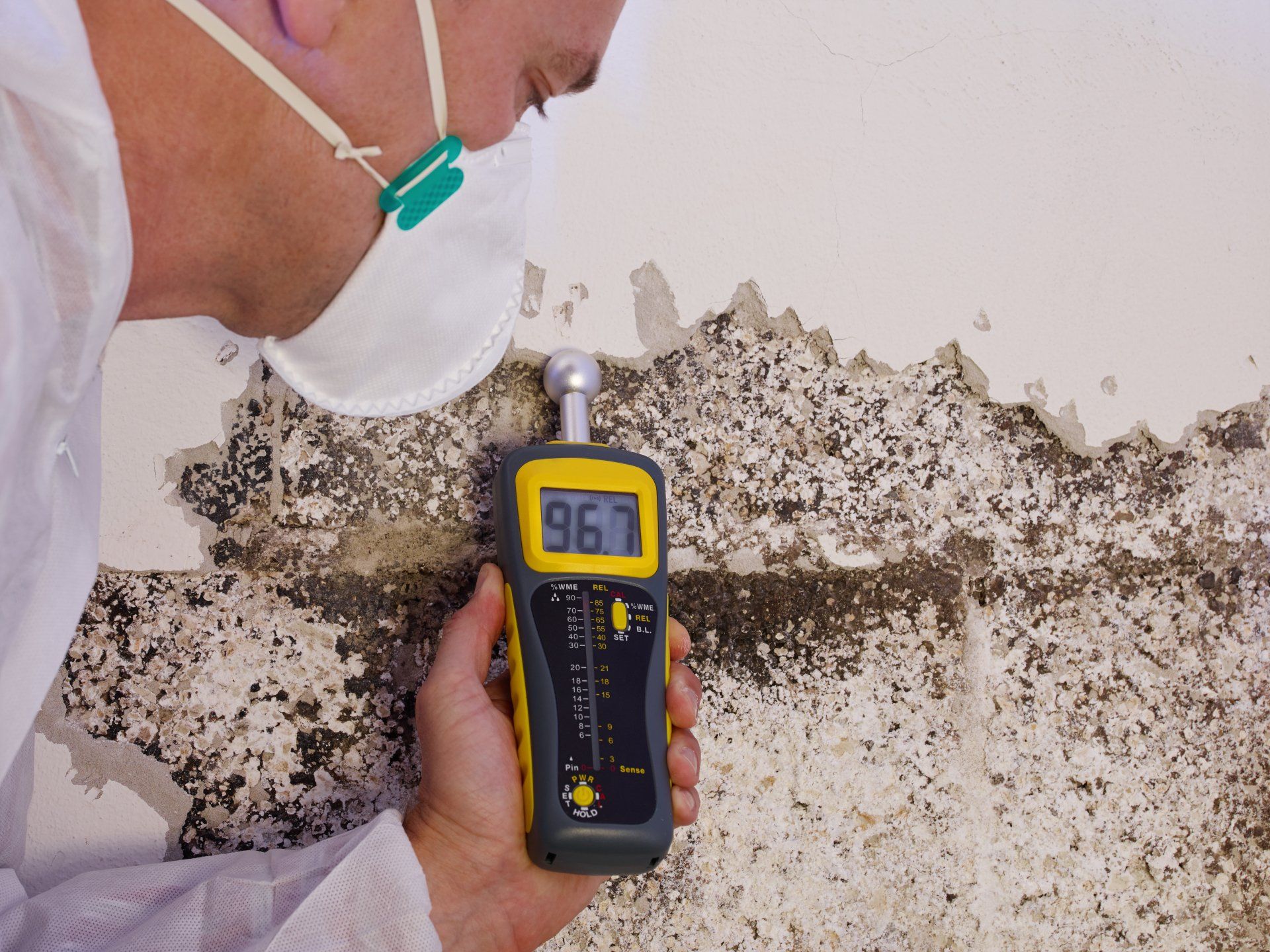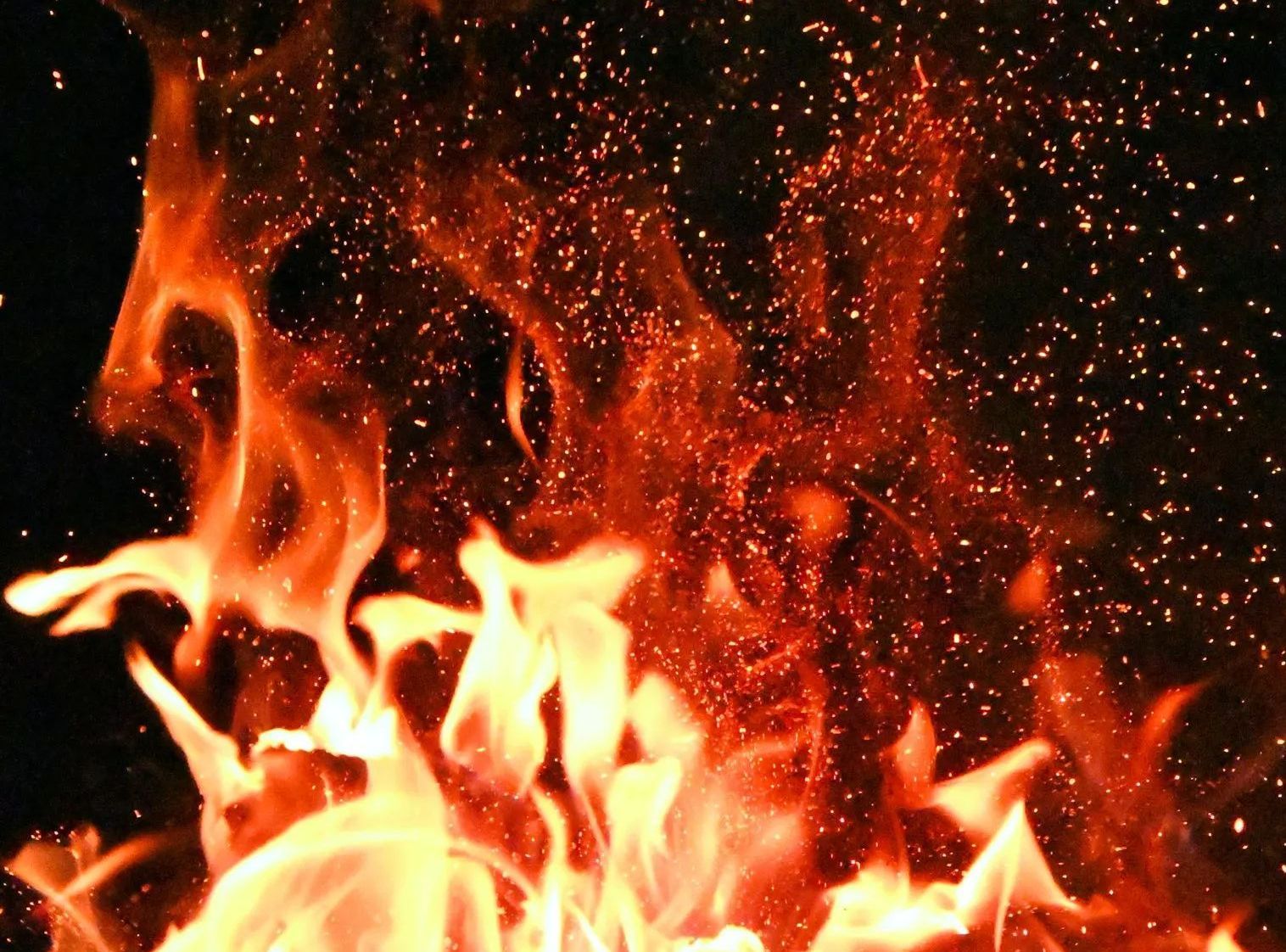Effective Strategies to Prevent Water Damage in Your House
Effective Strategies to Prevent Water Damage in Your House
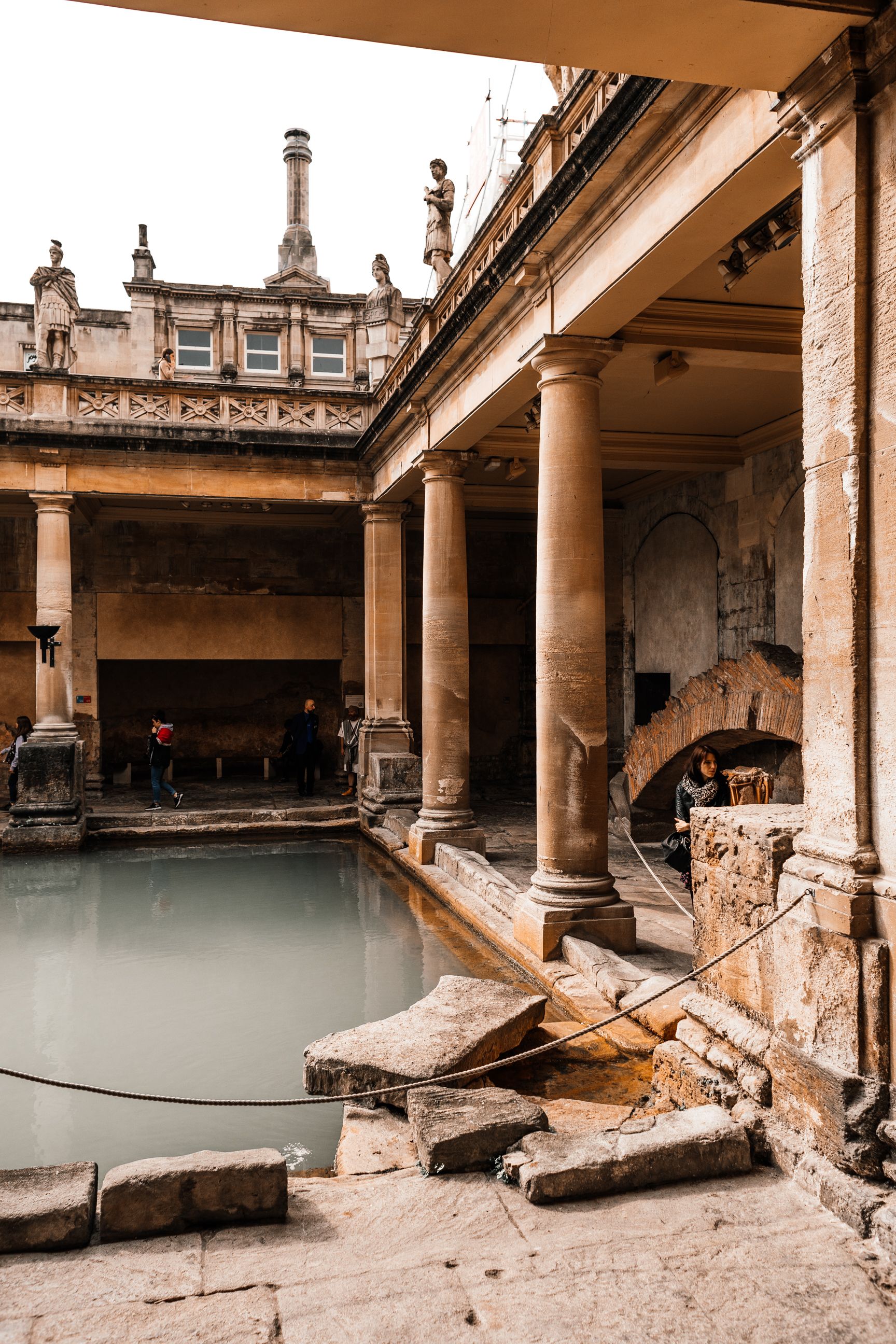
Water damage can be a homeowner's worst nightmare, often resulting in costly repairs and irreplaceable losses. Preventing water damage is crucial not only for maintaining the structural integrity of your home but also for protecting the health of its inhabitants from mold and mildew. This article will explore practical strategies to shield your residence from the perils of water damage. From routine maintenance tips to the installation of advanced protection systems, we will guide you through effective measures that can save you from the stress and financial burden of unexpected water-related disasters.
Causes of Water Damage
Understanding the various causes of water damage is the first step toward prevention. Leaking pipes are common culprits, often due to corrosion, high water pressure, or freezing temperatures that cause pipes to burst. A minor leak can escalate quickly, causing significant damage to walls, floors, and the foundation of your home. Faulty appliances like washing machines, dishwashers, and water heaters are also to blame when they malfunction or their hoses and connections fail, leading to uncontrolled water flow.
HVAC systems, if not regularly maintained, can cause condensation to build up and eventually release excess moisture within your home, potentially damaging ceilings and walls and promoting mold growth. Natural disasters such as floods or hurricanes can overwhelm any safeguards with their sheer force, leading to extensive water intrusion. Similarly, poor drainage can cause water to pool around your home and eventually penetrate the structure, causing deterioration over time.
Lastly, a compromised roof can allow rainwater to seep into your home, damaging the attic, ceiling, and upper floors. Identifying these risks and addressing them proactively will help fortify your home against potentially devastating water damage.
Signs of Water Damage
Detecting water damage early can prevent extensive repairs and health issues. Here are common indicators to watch for:
- Water Stains: Discoloration on walls, ceilings, or floors often appears as yellowish-brown rings or spots. These stains may signify a steady, slow leak inside your home.
- Mold and Mildew: Mold typically presents as dark spots or patches with a musty smell and thrives in moist environments. Be on the alert for any unusual fungal growth or an unmistakable sign of excessive moisture.
- Peeling or Bubbling Paint and Wallpaper: Water infiltration behind walls can lead to paint or wallpaper that is peeling, bubbling, or flaking off, revealing that water has compromised the wall's integrity.
- Unusual Odors: A persistent musty or earthy smell often indicates hidden moisture, even if no visual signs are present. Such odors should prompt a closer inspection to uncover any concealed water damage.
- Warped or Buckled Flooring: Excess moisture can cause your floors to warp or buckle, making them uneven or lifting them from the subfloor. This warping can occur with hardwood floors, tiles, and other flooring materials.
- Increased Water Bills: A sudden spike in your water bill might suggest a leak within your home's plumbing system that is not directly visible but is causing ongoing water damage.
Water Damage Prevention Tips
When it comes to safeguarding your home against water damage, prevention is your strongest ally. By adopting water damage prevention tips and a proactive stance, homeowners can circumvent the severe consequences that accompany water-related issues. The adage' an ounce of prevention is worth a pound of cure is particularly apt, as investing time and resources in preemptive measures can save significant time, money, and undue stress in the long term. Taking early action, such as routine inspections and upkeep, can thwart potential damage and maintain a home's value, providing peace of mind to homeowners who are vigilant against such threats.
- Implement routine pipe inspections.
- Regularly check appliance hoses and connections.
- Maintain and clear gutters and downspouts.
- Review roofing conditions seasonally.
- Update your house's weatherproofing as necessary.
Water-Resistant Materials and Construction Techniques
Incorporating water-resistant materials and advanced construction techniques is paramount for enhancing a home's durability against water damage. Water-resistant materials such as stainless steel, composite decking, and waterproof sealants are designed to withstand moisture intrusion, thereby lessening the risk of water-related deterioration. For example, stainless steel is impervious to rust and can be used for piping and hardware, while composite decking repels water, preventing the rot and warp associated with traditional wood decking.
Construction techniques that enhance water resistance are equally important. One technique is the use of elevated foundations in flood-prone areas, which keeps the living space above potential water levels. Sloping the ground away from the foundation prevents water from pooling and entering the home. Additionally, applying waterproof membranes or coatings to basement walls and floors can block moisture from seeping through. For roofs, installing rubber or thermoplastic polyolefin (TPO) roofing systems offers a watertight shield against rain.
By selecting appropriate materials and employing smart construction methods, homeowners can significantly bolster their home's defenses against the insidious nature of water damage. This strategic approach not only preserves the integrity of the home but also coincides with the long-term well-being of its occupants.
Proper Drainage and Landscaping
Proper drainage and thoughtful landscaping are foundational in shielding your home against water damage. Effective drainage ensures that water is diverted away from your home's foundation, preventing accumulation that can lead to moisture seepage and structural weakening. Maintaining clear gutters is a primary defense; gutters clogged with debris can overflow, leading water to pool around the foundation. Similarly, installing downspouts that direct water at least five feet away from the house can greatly diminish the risk of water pooling. When considering landscaping, the slope of your yard should be graded away from your home to facilitate natural water runoff, avoiding any inadvertent accumulation near your foundation. Additionally, utilizing native plants and deep-rooted grasses can help absorb excess moisture in the soil, further protecting the home from potential water damage. Strategic placement of rain barrels can capture roof runoff, reducing the amount of water that may collect near your foundation while also offering an eco-friendly water source for gardening. Together, these practical steps form an integral part of a broader strategy to ensure good drainage and reduce the threat of water damage to your property.
Appliance and Plumbing Maintenance
Regular appliance and plumbing maintenance is a vital aspect of home care that helps prevent water damage, which can be costly and destructive. Appliances like washing machines, dishwashers, and water heaters can become sources of leaks or bursts if not routinely checked. For instance, old or degraded water hoses can fail, and in the case of the water heater, a lack of maintenance could result in tank corrosion and leakage. Leaky faucets or toilets can also lead to significant water waste and potential damage over time if seals and internal mechanisms aren't regularly evaluated.
Here are some preventative measures to consider:
- Check Appliances Regularly: Periodically inspect your appliances for signs of wear, corrosion, or leaks. Pay attention to hoses and replace them every three to five years as part of a routine maintenance plan.
- Install Water Detection Devices: Use water detectors near appliances and plumbing fixtures. These devices can alert you to the presence of moisture before damage becomes extensive.
- Inspect the Water Heater: Schedule annual inspections of your water heater for signs of rust or water pooling underneath, and consider replacement every ten years.
- Monitor Water Pressure: Excessive water pressure can strain pipes and appliances. A pressure gauge can help monitor it, and you can install a pressure regulator to maintain a safe pressure level.
- Know Your Water Main: Familiarize yourself with the location of your water main in case you need to shut it off in an emergency.
- Consider Appliance Upgrades: When it's time to replace appliances, choose models with advanced leak protection and automatic shut-off features.
Taking these steps not only helps avert costly repairs and loss but also preserves the longevity of your home's vital systems.
Inspecting Your Home Regularly
Regular home inspections play a critical role in the early detection and prevention of water damage, enabling homeowners to identify and address vulnerabilities before they escalate into major issues. Consistent examination of your home's structure and systems allows you to spot the early signs of water intrusion and potential damage, which can result in significant savings on repair costs and preserve the integrity of your home over time.
Checklist for Regular Home Inspections to Prevent Water Damage:
- Roof: Inspect for missing, damaged, or aging shingles; clear debris; and check for signs of leaks, especially around chimneys and vents.
- Gutters and Downspouts: Ensure they are free from blockages and that water is effectively channeled away from the house.
- Basement: Look for cracks in the foundation and signs of moisture, and inspect sump pumps, if present, for proper operation.
- Attic: Check for insulation damage, ventilation issues, and any signs of roof leaks or water staining.
- Windows and Doors: Verify that seals and weather stripping are intact to prevent water seepage.
- Exterior Walls: Examine for gaps or cracks in the siding or brickwork, which can allow water penetration.
- Plumbing: Check for leaks under sinks, around toilets, and near appliance hook-ups. Examine pipes for signs of corrosion or damage.
- Appliances: Review the condition of washing machine hoses, dishwasher connections, and any other appliances that use water.
- Irrigation and Sprinklers: Assess systems for leaks and proper drainage to prevent saturation near the foundation.
- Landscaping: Ensure the ground slopes away from the house to facilitate proper runoff.
Seasonal Maintenance
Seasonal changes significantly impact the risk of water damage to a home, with the rainy and winter seasons posing the greatest threats. During rainy spells, homes are subjected to increased moisture levels, which can lead to leaks and flooding if not properly managed. Winter weather, with its cycles of freezing and thawing, can cause pipes to burst and ice dams to form on roofs, which may lead to significant water intrusion.
Rainy Season Maintenance Tips:
- Gutter and Downspout Cleaning: Keep these clear to prevent overflows that can lead to foundation and siding damage.
- Roof Inspection: Look for and repair any leaks to prevent water from seeping into the attic and interior walls.
- Door and Window Sealing: Check the integrity of seals to protect against moisture seepage.
Winter Season Maintenance Tips:
- Piping Insulation: Properly insulate pipes, especially those in unheated areas, to prevent freezing and bursting.
- Roof Monitoring: Regularly remove excessive snow buildup from your roof to prevent the formation of ice dams.
- Heating System Check: Ensure your heating system is working properly to keep your home and its pipes warm, reducing the risk of freezing.
- Sump Pump Check: Test and maintain your sump pump to make sure it's ready to handle melting snow and heavy rains.
When to Seek Professional Help
Recognizing when it's crucial to seek professional help can be the key to effectively mitigating water damage. In scenarios involving severe leaks, complex flooding, or when the source of water damage is not immediately apparent, the skills of experts are indispensable. Professionals like Sunshine Restoration come equipped not only with the requisite expertise but also advanced equipment designed to detect, repair, and restore areas affected by water damage. The benefits of such professional services are manifold, encompassing detailed inspections that thoroughly assess the extent of the damage and the hidden problems that may not be visible to the untrained eye.
Sunshine Restoration stands out for offering a comprehensive suite of services tailored to address and preempt water-related mishaps. With a team of experienced technicians, they specialize in high-tech moisture detection, infrastructural repair, mold remediation, and complete restoration of damaged property. They employ state-of-the-art technology, such as thermal imaging and industrial-grade dehumidifiers, ensuring water damage is dealt with efficiently and effectively. Turning to a dependable company like Sunshine Restoration can help homeowners and businesses alike maintain the integrity of their properties and avoid the long-term complications associated with water damage.
Safeguarding Your Home Against Water Damage
If you're grappling with how to prevent mold after water damage, look no further than
Sunshine Restoration for crucial assistance. Proactive measures go a long way, and with our timely, expert services, stopping mold in its tracks becomes manageable. Don't wait for water damage to escalate—contact Sunshine Restoration today and protect your home with our unmatched expertise and technology. Contact us now for a comprehensive assessment and enjoy peace of mind with our reliable mold prevention solutions.
OUR BENEFITS
The Sunshine Restoration Experience
CUSTOMER SERVICE
If you have a restoration disaster, our team is available 24/7/365 to help you.
45 Minute On-Site
Our restoration crews will make it out to your property on average within 45 minutes.
LOCALLY OWNED
Sunshine Restoration is a locally owned and operated business in the heart of Charlotte, NC.
RESIDENTIAL & COMMERCIAL
We can tackle any restoration job, no matter how large or how big.
BROWSE
CONTACT
1101 - A Technology Drive, Indian Trail, NC 28079
BUSINESS HOURS
- Mon - Sun
- Open 24 Hours
